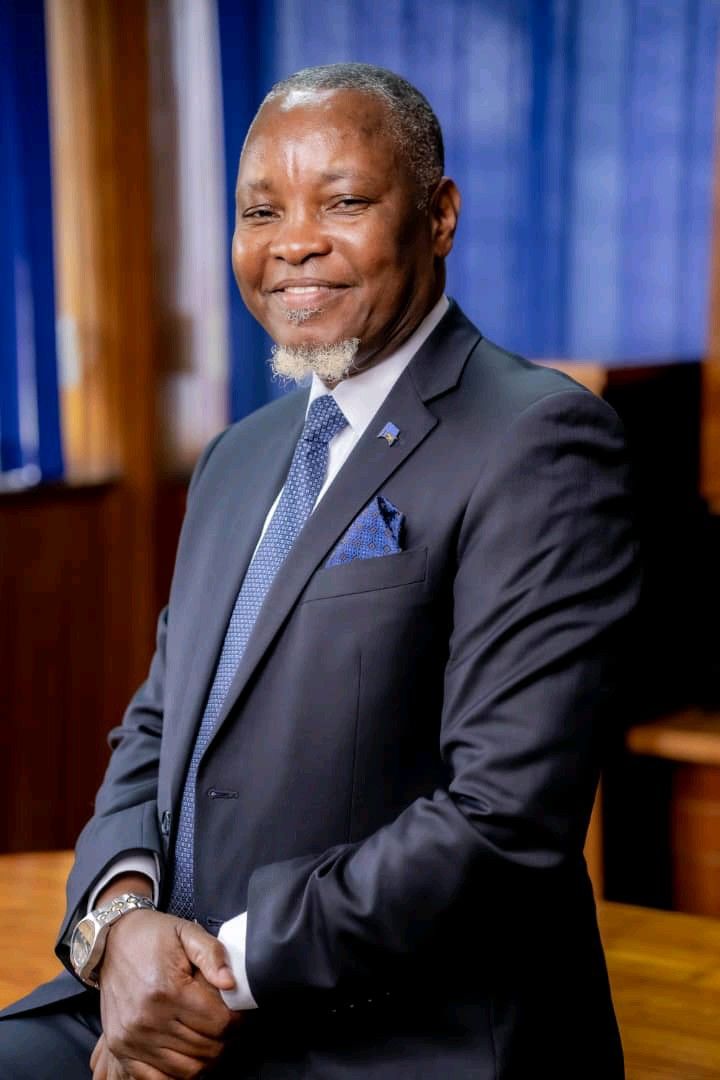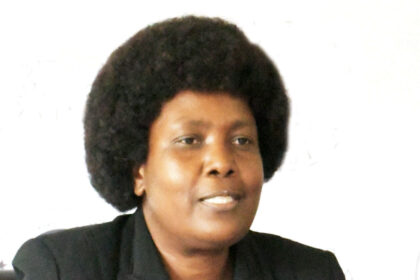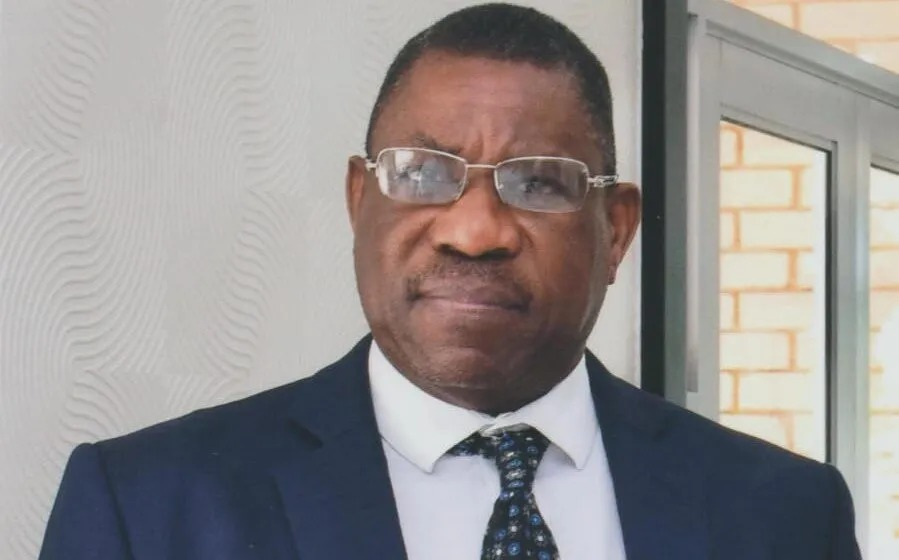The Bankers Association of Malawi (BAM) has elected Phillip Madinga, the Chief Executive Officer (CEO) of Standard Bank Plc as its president.
BAM — a body that advocates for a strong, competitive and innovative banking industry to deliver excellent and equitable outcomes for customers — has also elected FDH Bank Plc Managing Director, Noel Mkulichi as the group’s first vice president while First Capital Bank (FCB) Chief Executive Officer (CEO) Agness Jazza is the 2nd vice-president.
BAM CEO Lyness Nkungula announced in.a statement on Wednesday the association is optimistic that the new executive team will foster continued growth of the financial sector.
Mkungula said in the statement: “The team will play a pivotal role in driving the association’s strategic initiatives and fostering continued growth.”

BAM and the Institute of Bankers in Malawi (IOB) merged and formed a new entity called Bankers Association of Malawi (BAM) Limited, a company registered by guarantee, whose current members are: First Capital Bank, NBS Bank, National Bank of Malawi, Standard Bank, Ecobank, Centenary Banking Limited, CDH Investment Bank, FDH Bank and First Discount House.
BAM, on its website, indicates that while advocating for a strong, competitive and innovative banking industry it also “promotes and encourages policies that improve banking services for all Malawians, through advocacy, policy expertise and thought leadership.”
“BAM further promotes, encourages and provides opportunities for members to acquire knowledge of the theory and practice of banking and to facilitate the consideration and discussion of matters of interest to bankers and persons associated with banks and financial institutions.”
Earlier this week, both BAM and the country’s central bank, the Reserve Bank of Malawi (RBM) admitted that customers in the country’s banking sector are facing many challenges.

Nkungula, however, admitted the calls for improvement, saying that poor network service provision has also exacerbated the prevailing situation.
RBM’s Director of National Payments System Fraser Mdwazika has assured Malawians that the regulator is working tirelessly to supervise the industry.
This follows a recent call made by Consumers Association of Malawi (CAMA) advising consumers not to solely rely on point of sale (POS) and automated teller machines (ATM) banking services to avoid humiliation and embarrassment as most times, these platforms don’t function due to poor internet connectivity.
In a statement, CAMA Executive Director, John Kapito said that “despite the supernormal profits that the banks are making every year, they are unable to invest in latest and functioning ATMs and provision of better internet facilities including better working call service centers”.

Kapito highlighted that “poor digital transactions especially the POS and ATMs have become a humiliation and an embarrassment to consumers as well as traders”.
“Consumers are finding it difficult to transact using digital payments which are facing a lot of challenges due to poor infrastructure such as poor internet connectivity and failure to dispense money.
Kapito further underscored that what is more frustrating when using POS, ATM’s and other financial payment platforms, “is number of failed transactions and the time and pain the consumer undergoes to have the failed transaction reversed.”
“The consumers goes through humiliation as banks cannot reverse the failed transaction and the consumer is unable to access cash to pay for the already purchased goods.”
In May last year, the Competition & Fair Trading Commission (CFTC) also raised almost the same concerns CAMA has brought forward, that included frequent inaccessibility of e-financial services due to network problems.
CFTC took advantage of last year’s International Trade Fair at Chichiri in Blantyre, where it also had a pavilion, by inviting the financial sector — commercial banks, insurance companies, mobile money service providers and micro finance institutions — to a business session as the Commission’s soft compliance enforcement through advocacy to nip in the bud unfair trade practices.
Only a few pitched up; notably Britam Insurance, NICO, NBS Bank, FDH, Reunion Insurance, FINCA and non from the mobile money service providers but CFTC Executive Director, Lloyds Vincent Nkhoma went ahead to alert all financial service providers of complaints being received from consumers that included poor access to ATMs and electronic payments services.

Also being complained of was non-disclosure of material information especially when marketing loan packages where the terms & conditions are indicated that they shall apply but are usually in very unreadable small print fonts.
High interest rates on loans was also raised, where there are gaps in huge interest for commercial banks while micro-finance institutions’ interest rates are also high and charged monthly.
Some of the promotions the financial services flighted were reported to be misleading and deceptive advertising and that offer prizes with no intention of supplying them and that prizes may not be awarded in a transparent manner.
They are also weak and ineffective complaints handling mechanisms that include failure to timely and effectively redress complaints.
“The team will play a pivotal role in driving the association’s growth.”
Lyness Nkungula
BAM CEO



